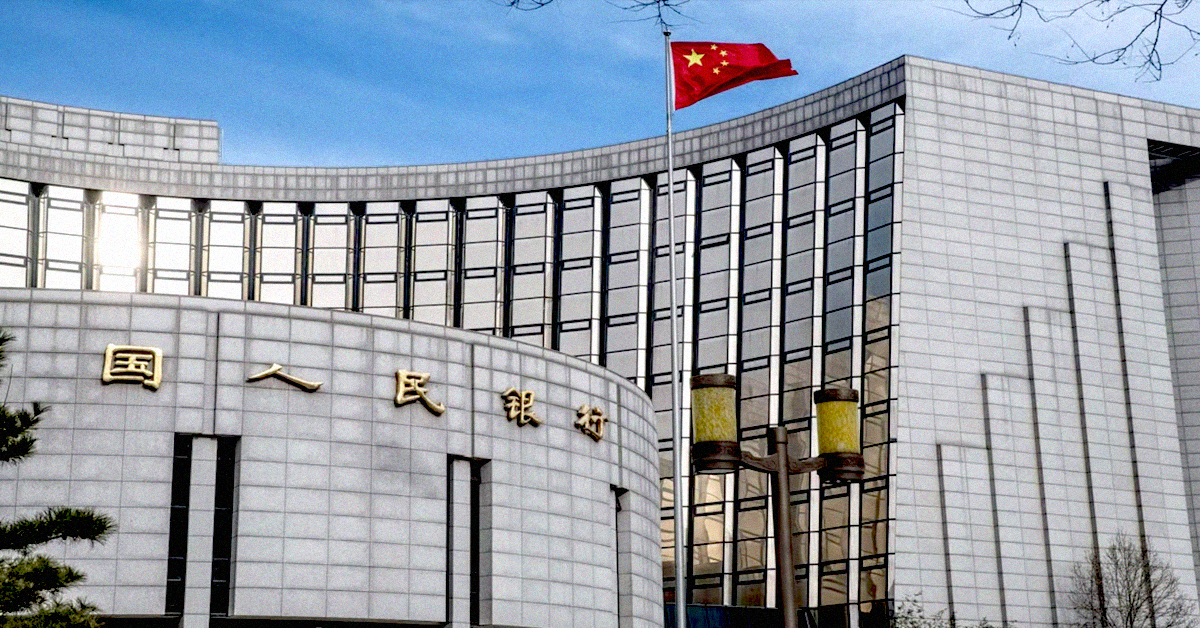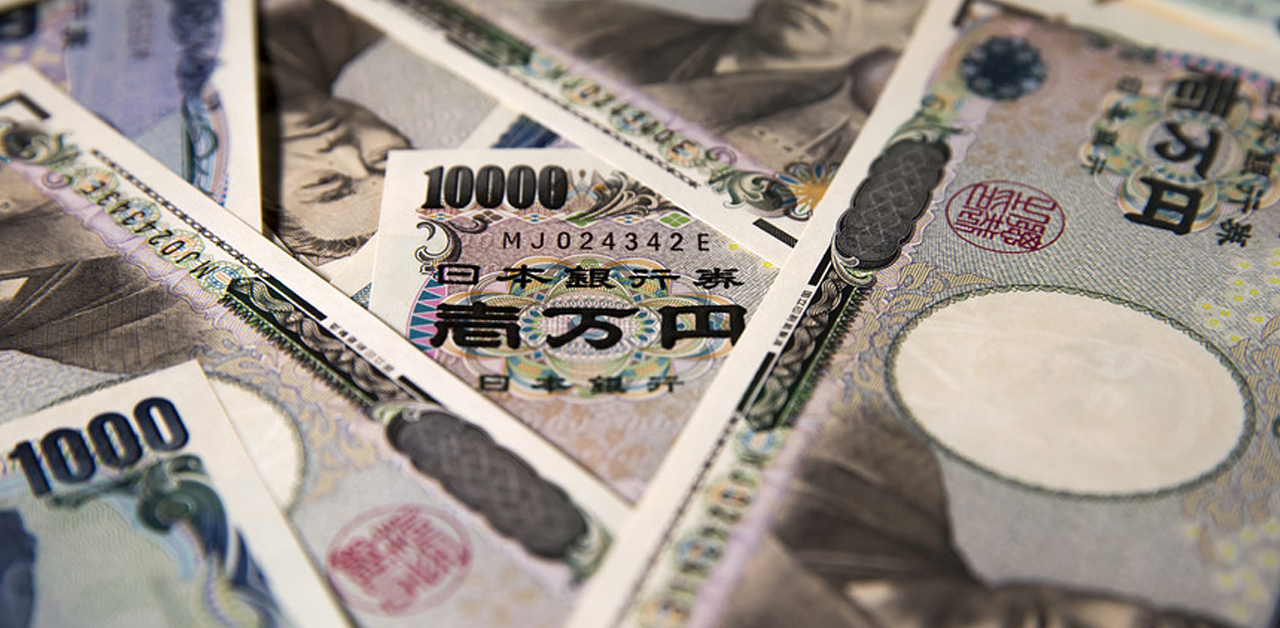China’s Central Bank to Adjust Temporary Repos Based on Market Conditions
The People’s Bank of China (PBOC) has announced measures to exert greater control over market interest rates by implementing additional open market operations and tightening the range within which short-term rates can fluctuate.
The PBOC will now conduct bond repurchase or reverse repurchase operations in the afternoon, in addition to its traditional morning operations. These afternoon operations will be based on the seven-day reverse repurchase rate, reinforcing it as a key policy benchmark.
PBOC Governor Pan Gongsheng had previously indicated that the bank would reform its interest rate policy to support growth in China’s economy while maintaining stability in the yuan. The PBOC plans to narrow the interest rate corridor, making market rates more aligned with policy targets, and is considering using a single short-term rate to guide the market.
The additional operations will occur from 4 p.m. to 4:20 p.m. on weekdays as needed. The terms for temporary repos and reverse repos will be overnight, with rates set at 20 basis points below and 50 basis points above the seven-day reverse repo rate, respectively. This change aims to ensure sufficient liquidity in the banking system and enhance the precision and effectiveness of open market operations.
The adjustment narrows China’s interest rate corridor from about 230 basis points to 70 basis points. This move is expected to reduce interbank rate volatility, making the seven-day reverse repo rate a more prominent benchmark for asset and liability pricing, including deposit and loan rates.
Recently, the PBOC also announced it would borrow government bonds from primary dealers, indicating a potential strategy to sell securities to temper a market rally and prevent longer-term bond yields from falling. The central bank now holds hundreds of billions of yuan worth of securities and will manage their sale based on market conditions.
China’s sovereign bonds have surged this year due to the country’s economic outlook and expectations for interest rate cuts. Increased demand for financial investments over traditional savings has led to warnings from the PBOC about the risks of a bond bubble, particularly in longer-term debt.
The newly established corridor around the seven-day reverse repo rate suggests a move to tighten control over the short end of the yield curve. With the PBOC also poised to influence the longer end through Treasury bond trading, China might be moving towards yield-curve control. Future rate cuts may be executed through adjustments to the seven-day reverse repo rate first.
This comprehensive approach by the PBOC indicates a strategic shift to manage liquidity and market expectations more effectively, aiming to stabilize and guide the economic landscape amid ongoing challenges.












